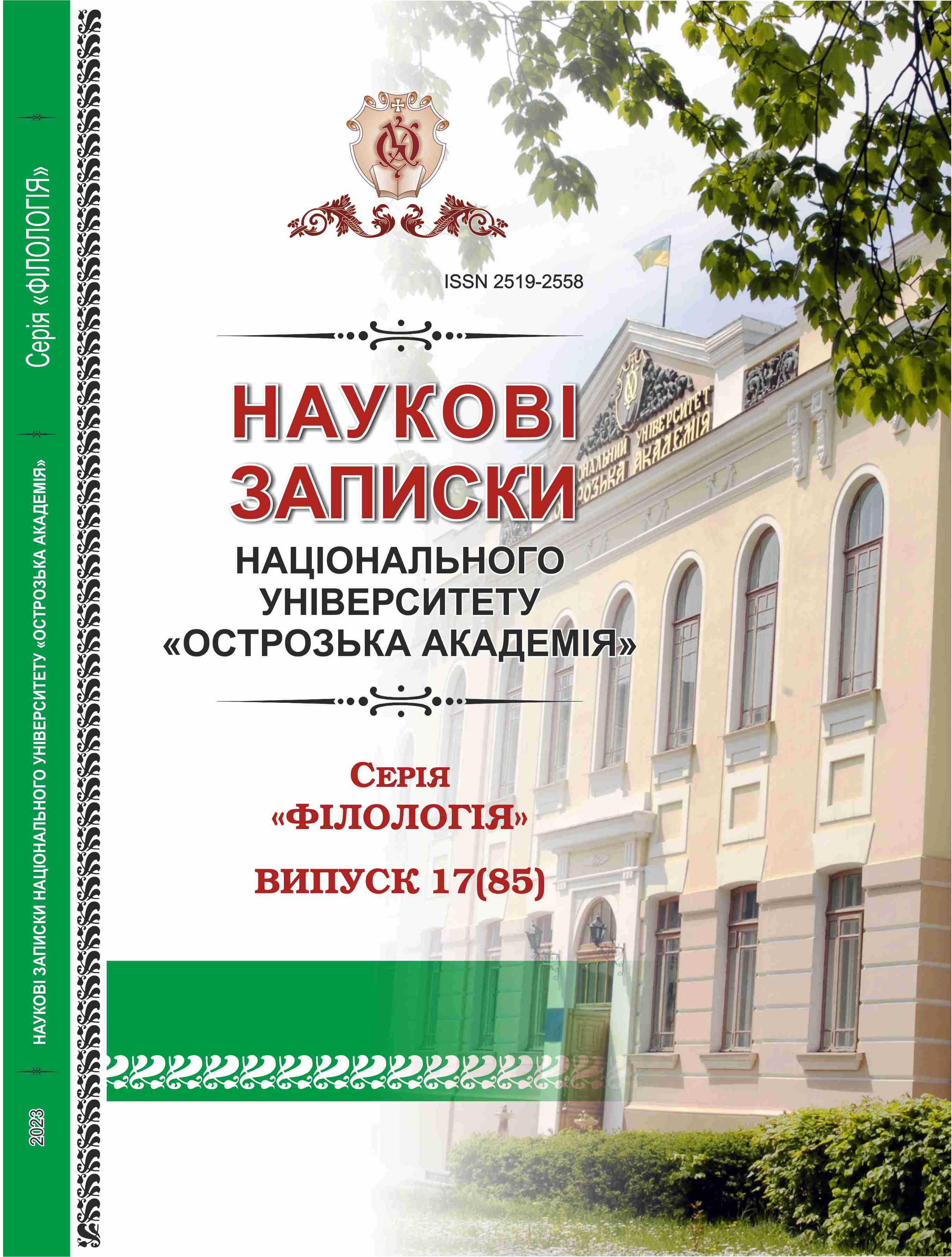«CLASSIC» AND «MULTI-ELEMENT» LUDIC STORIES WITH BRANCHING NARRATIVES: HISTORY OF THE DEVELOPMENT & LINGUAL-AND-LITERARY PECULIARITIES
Keywords:
branching narrative, choice, «multi-element» gamebook, «classic» gamebook, interactivity, structural peculiaritiesAbstract
Having originated in the 30s of the 20th century, stories with branching narratives gave rise to a specific genre of gamebooks, known as «Choose Your Own Adventure» series. The carried out analysis of 30 gamebooks belonging to different genres and publishing houses resulted in our singling out two basic types of such stories, which we termed «classic» and «multi-element» gamebooks. Each type of gamebooks has its verbal and structural peculiarities, but both of them present an existential multiverse of the reader’s survival under the given circumstances. «Classic» gamebooks rest more on the narrative itself, which, in its turn, is governed by the choices the reader makes while reading the book. The options are verbally represented as a number of decisions for the reader to choose from and, consequently, be provided with a necessary follow-up in the narrative. In «multi-element» gamebooks, the concept of «chance» comes into play, brought in with the help of such extra reading tools as a pencil, some paper, dice, numberplates or other non-verbal elements that make this type of gamebooks more interactive. Though «classic» gamebooks are older than their «multi-element» counterparts, it is the latter type that is gradually being ousted by videogames granting the player a higher level of interactivity. «Classic» gamebooks, on the contrary, are gradually developing into narrative mobile apps and get published online like hypertext stories.

